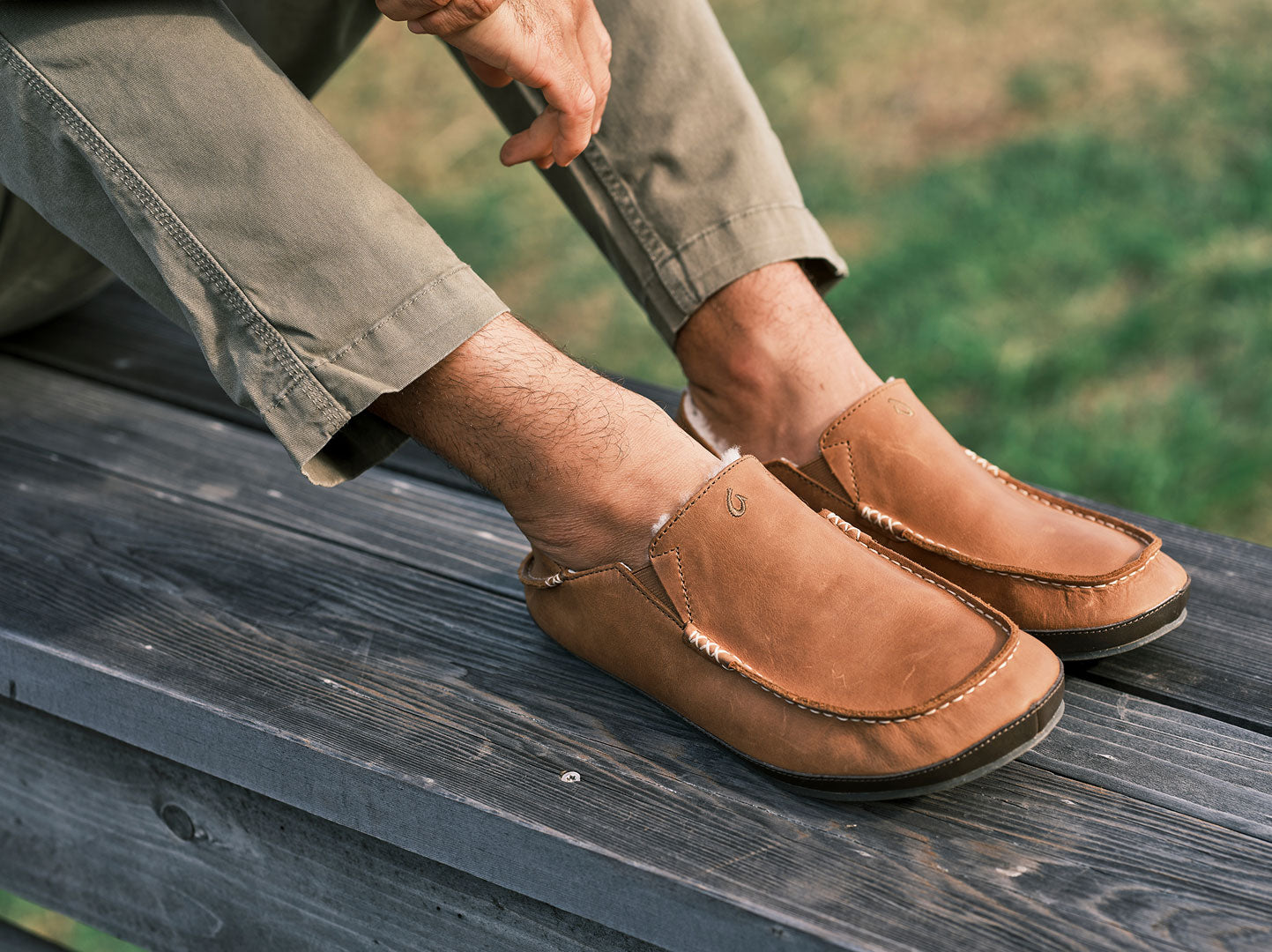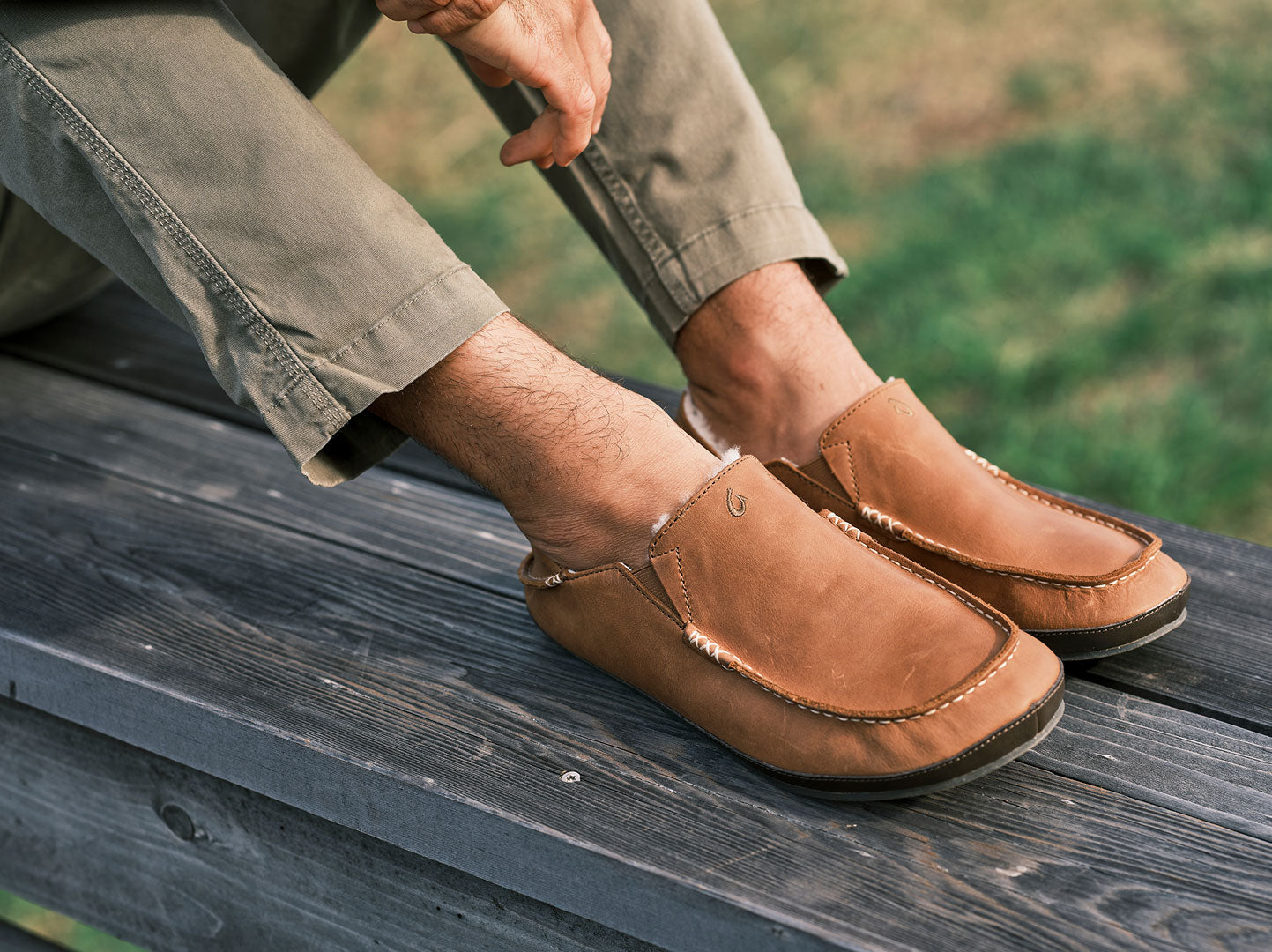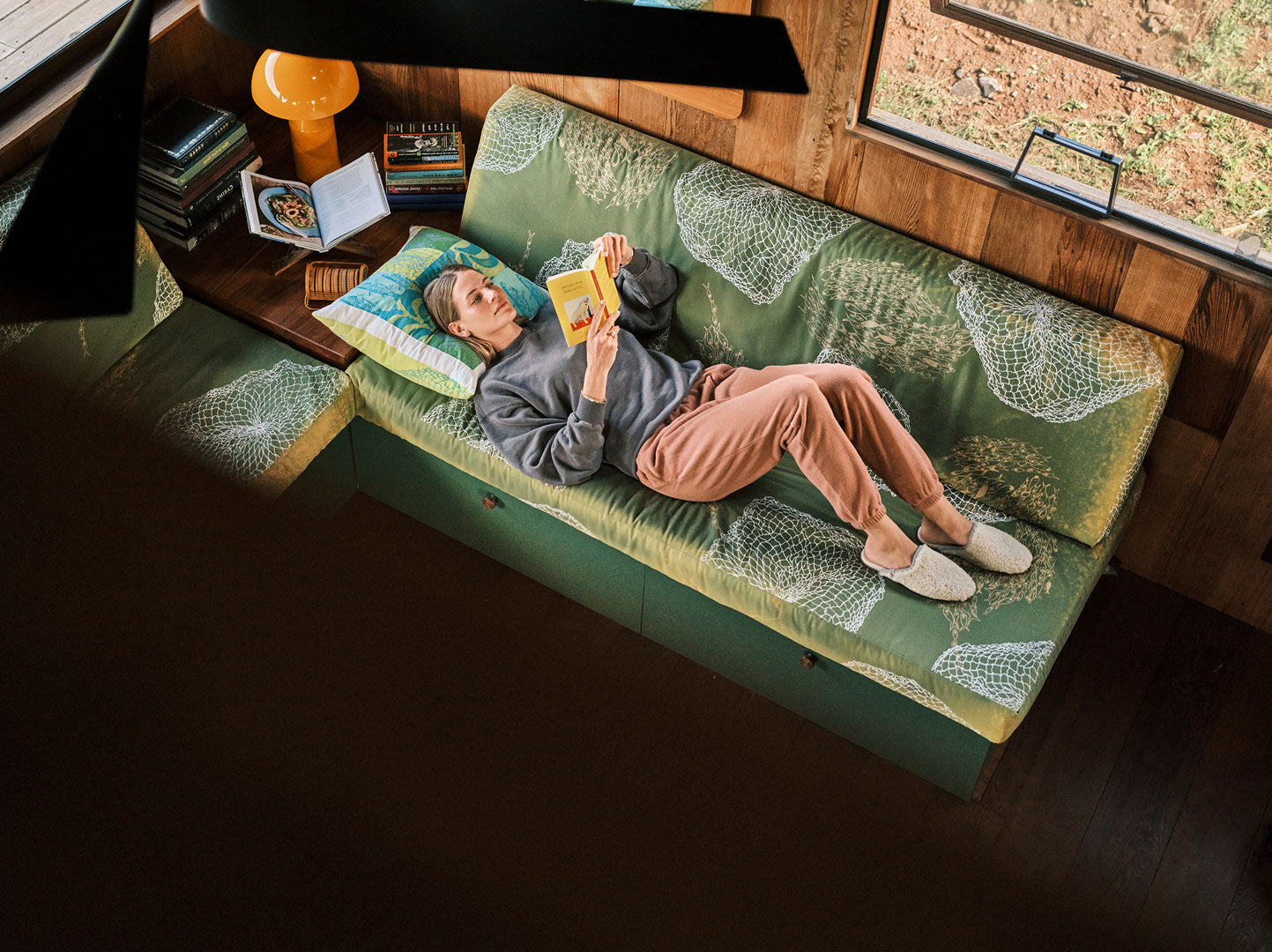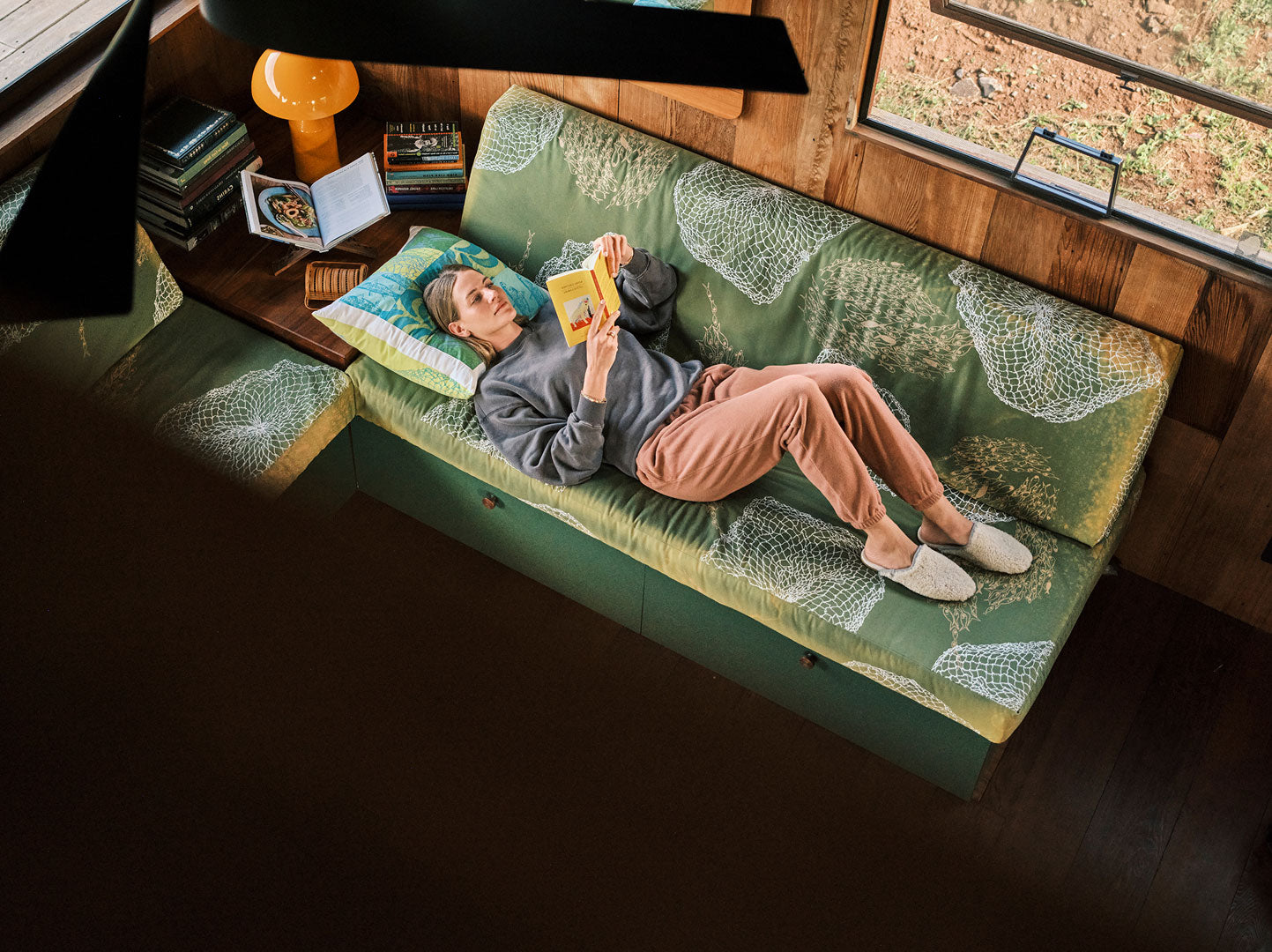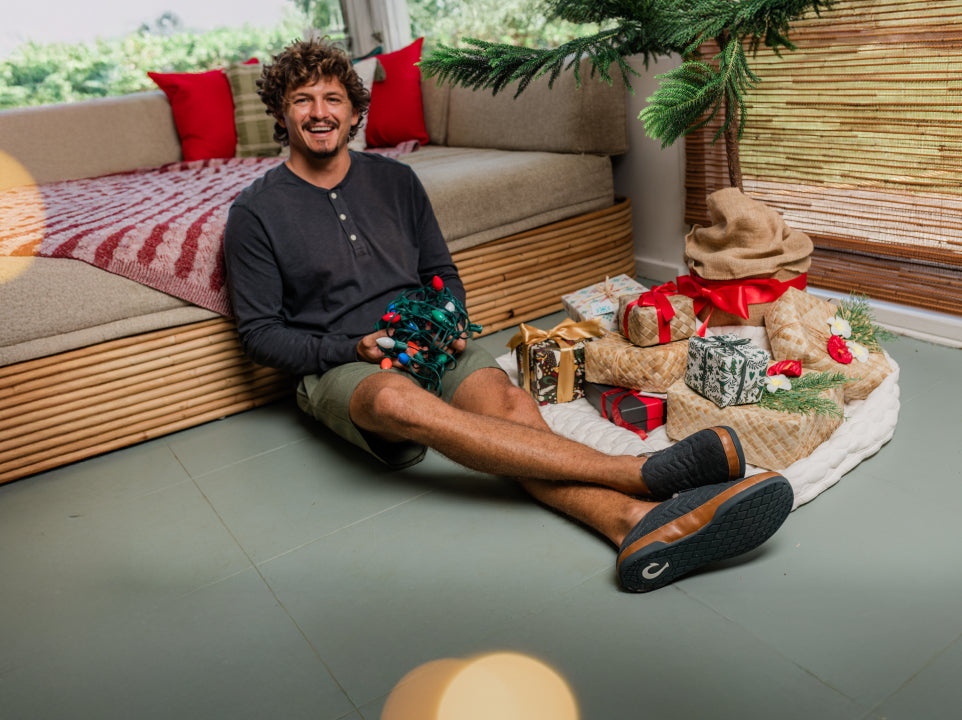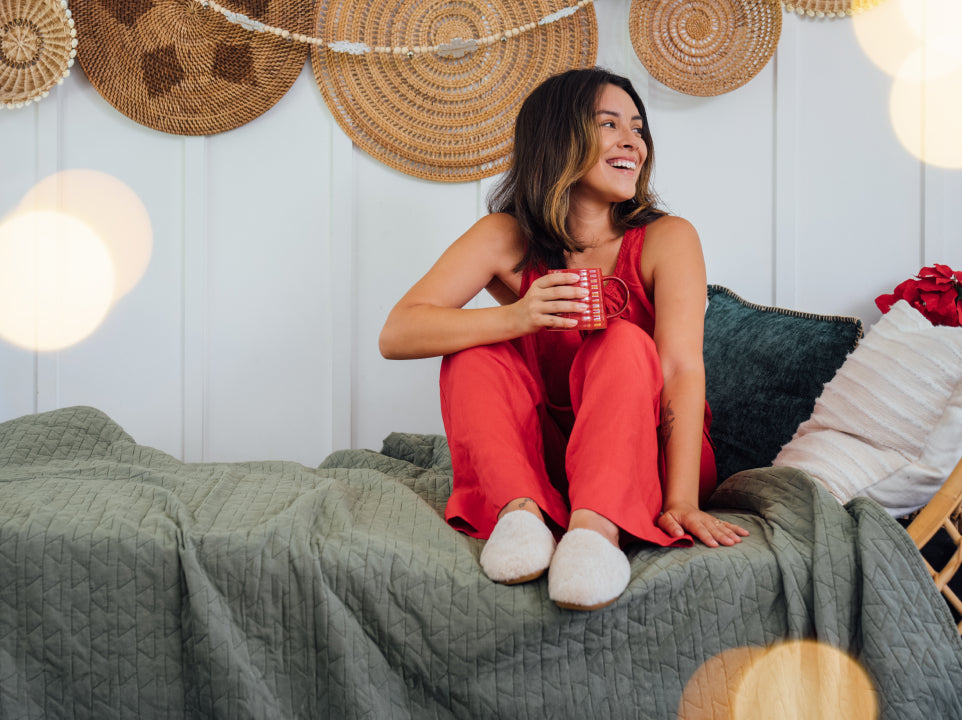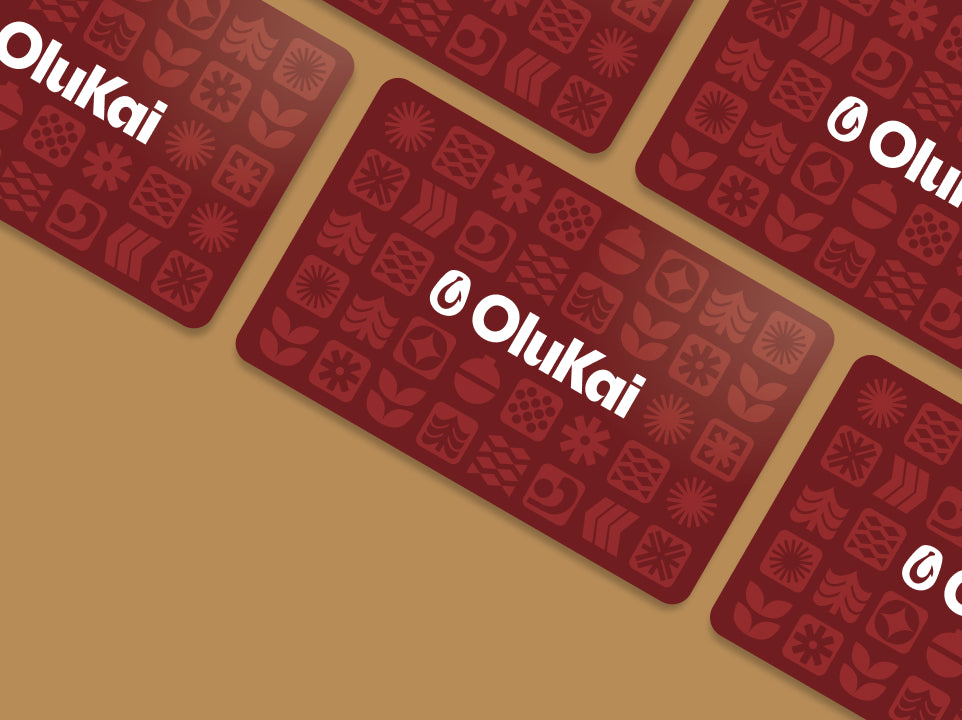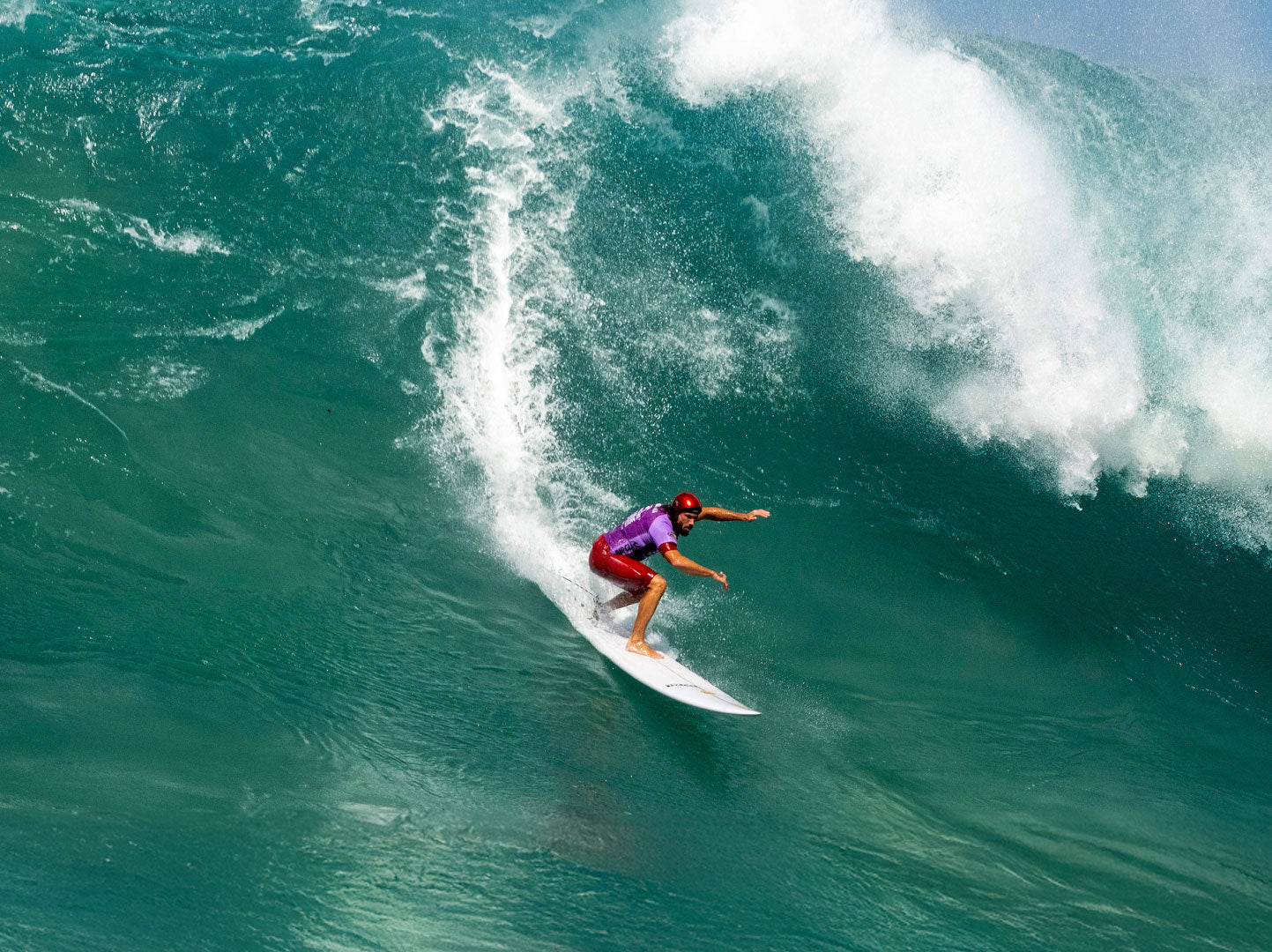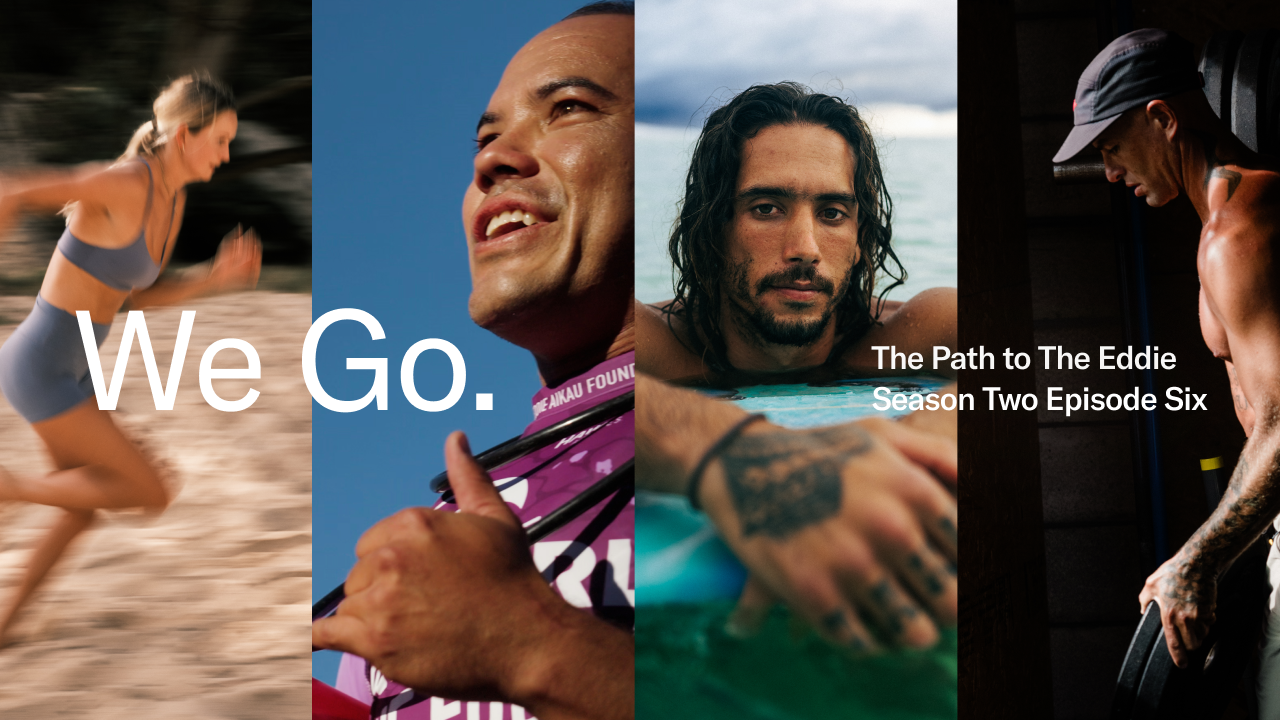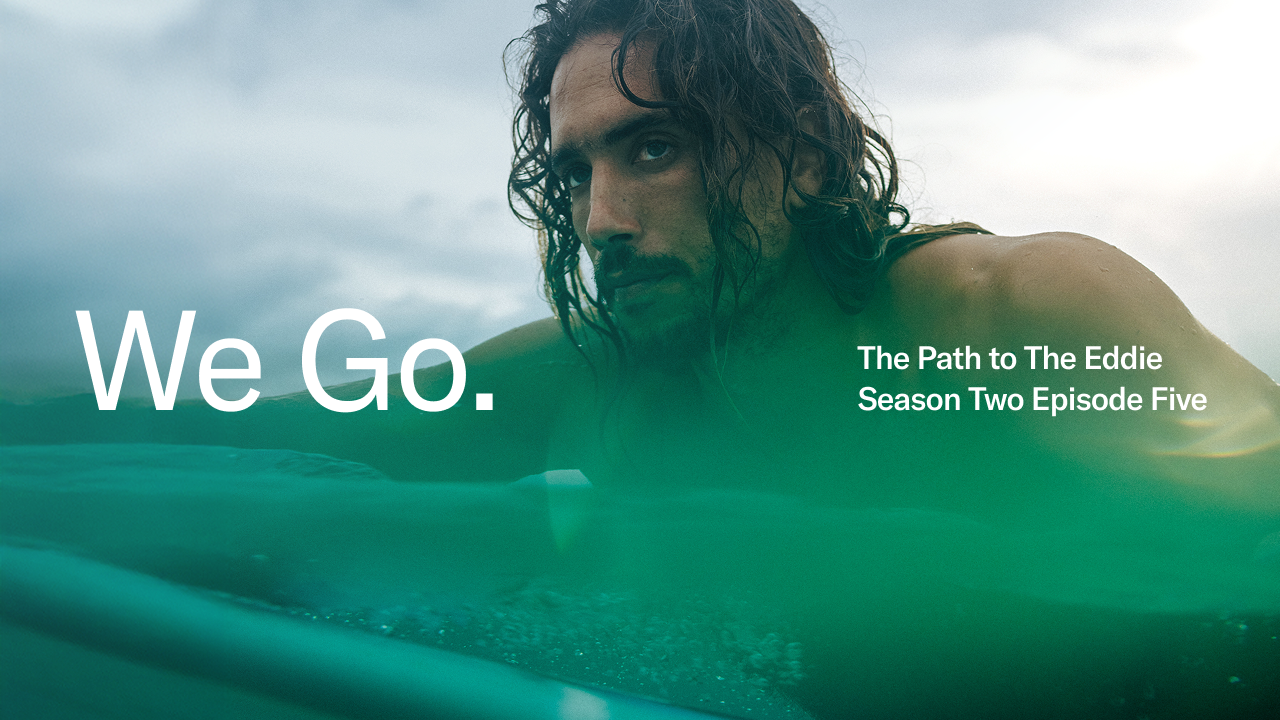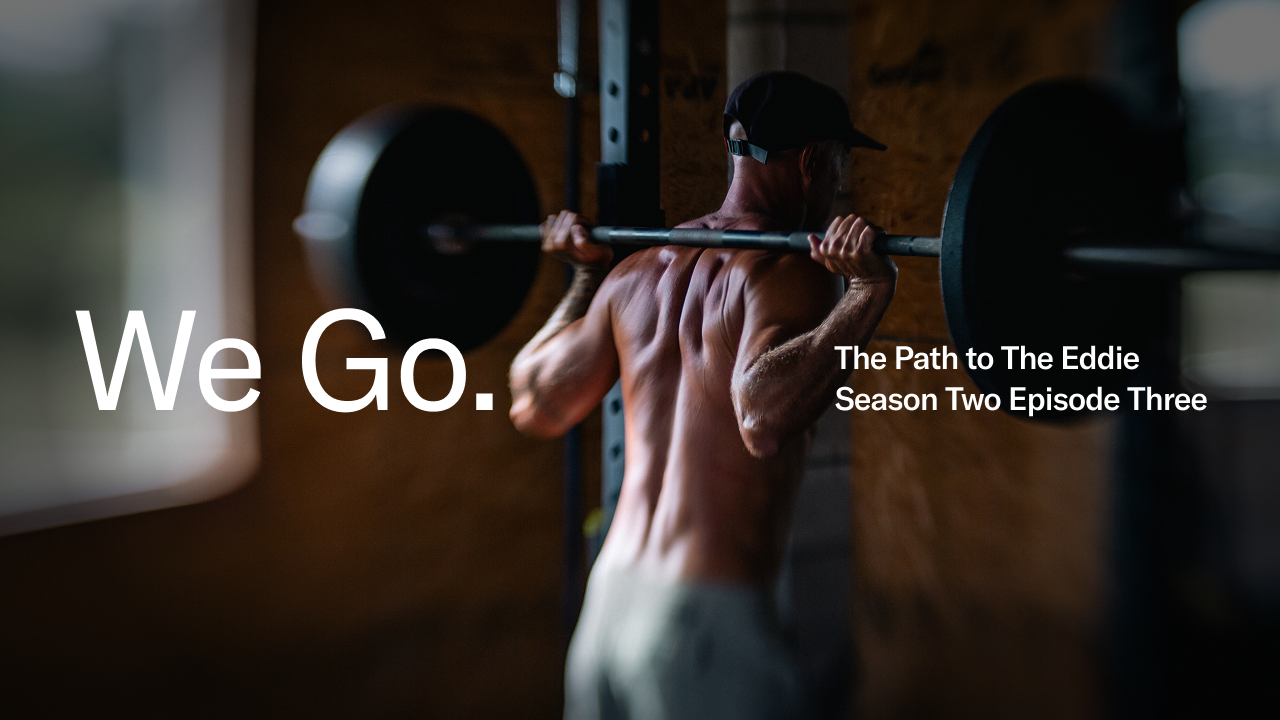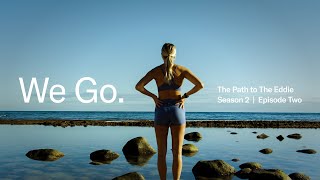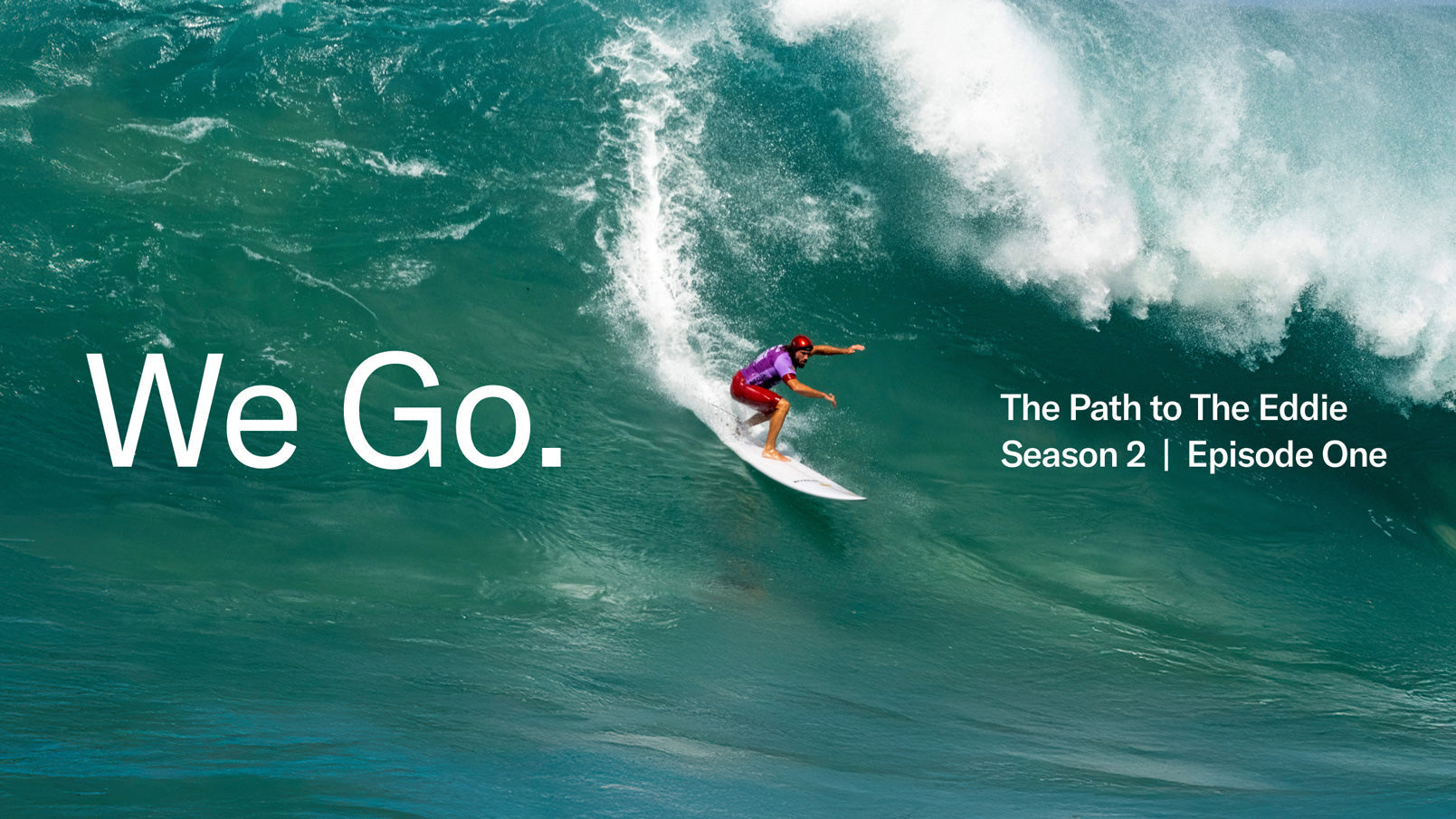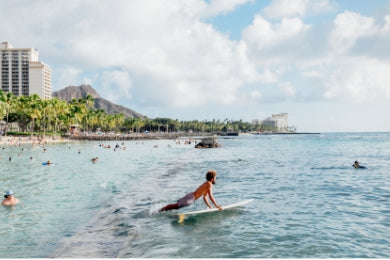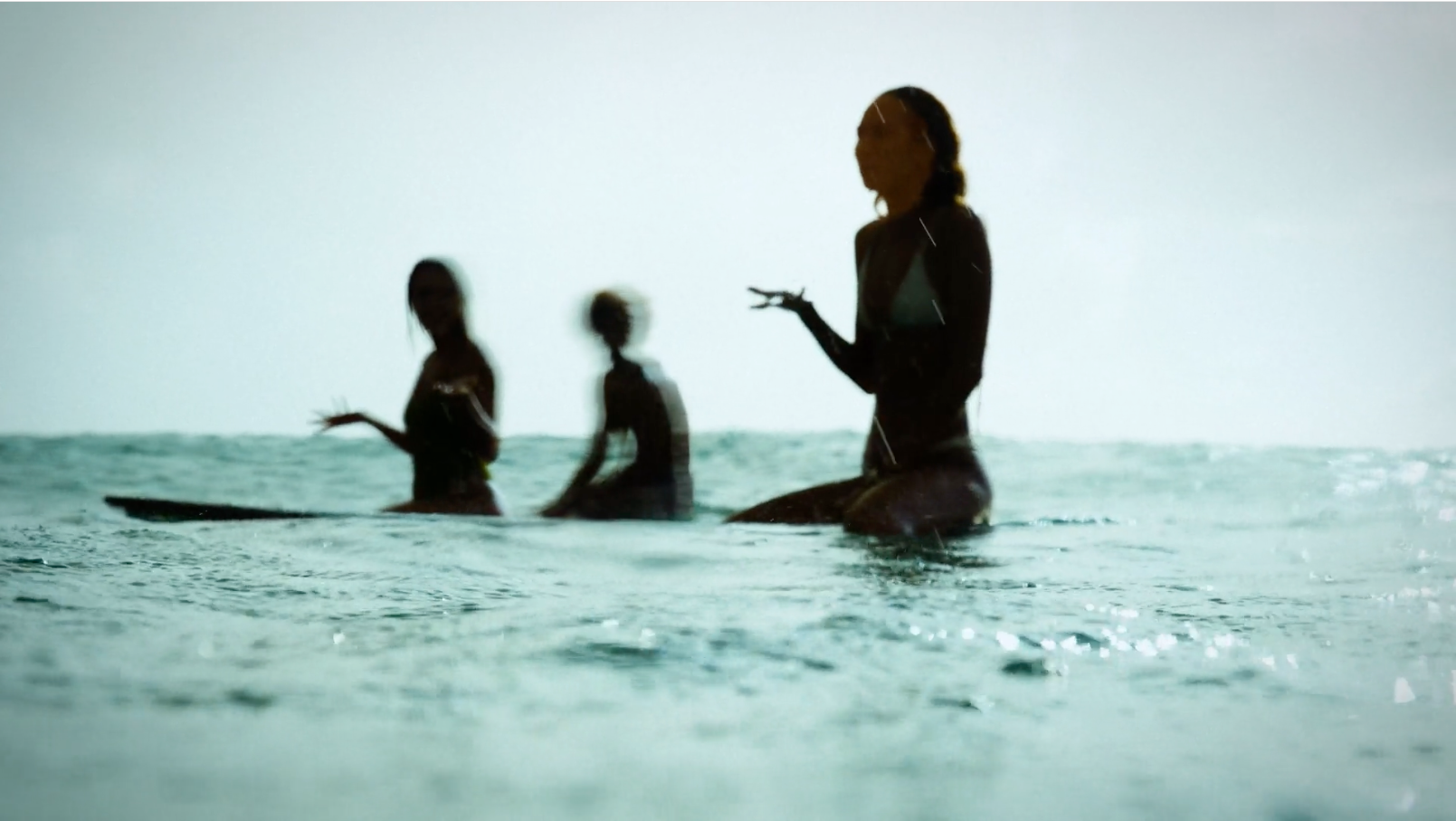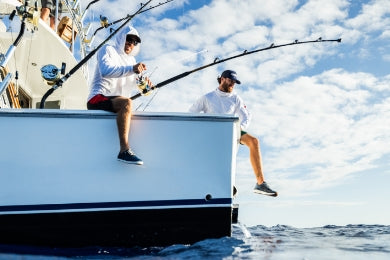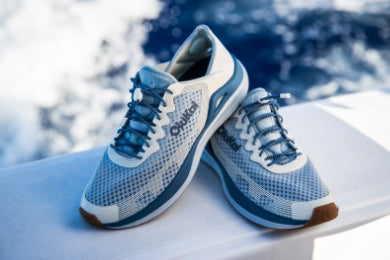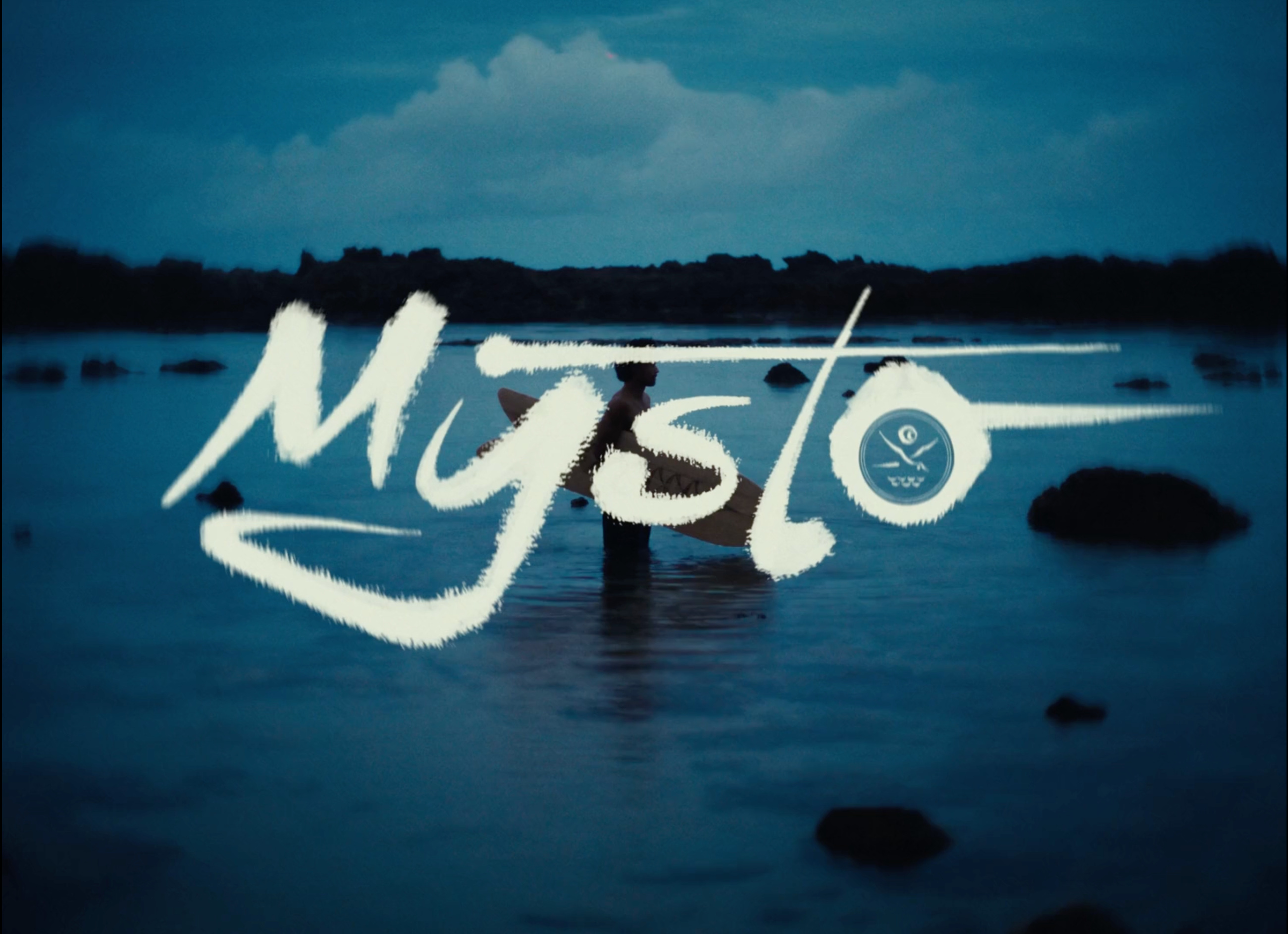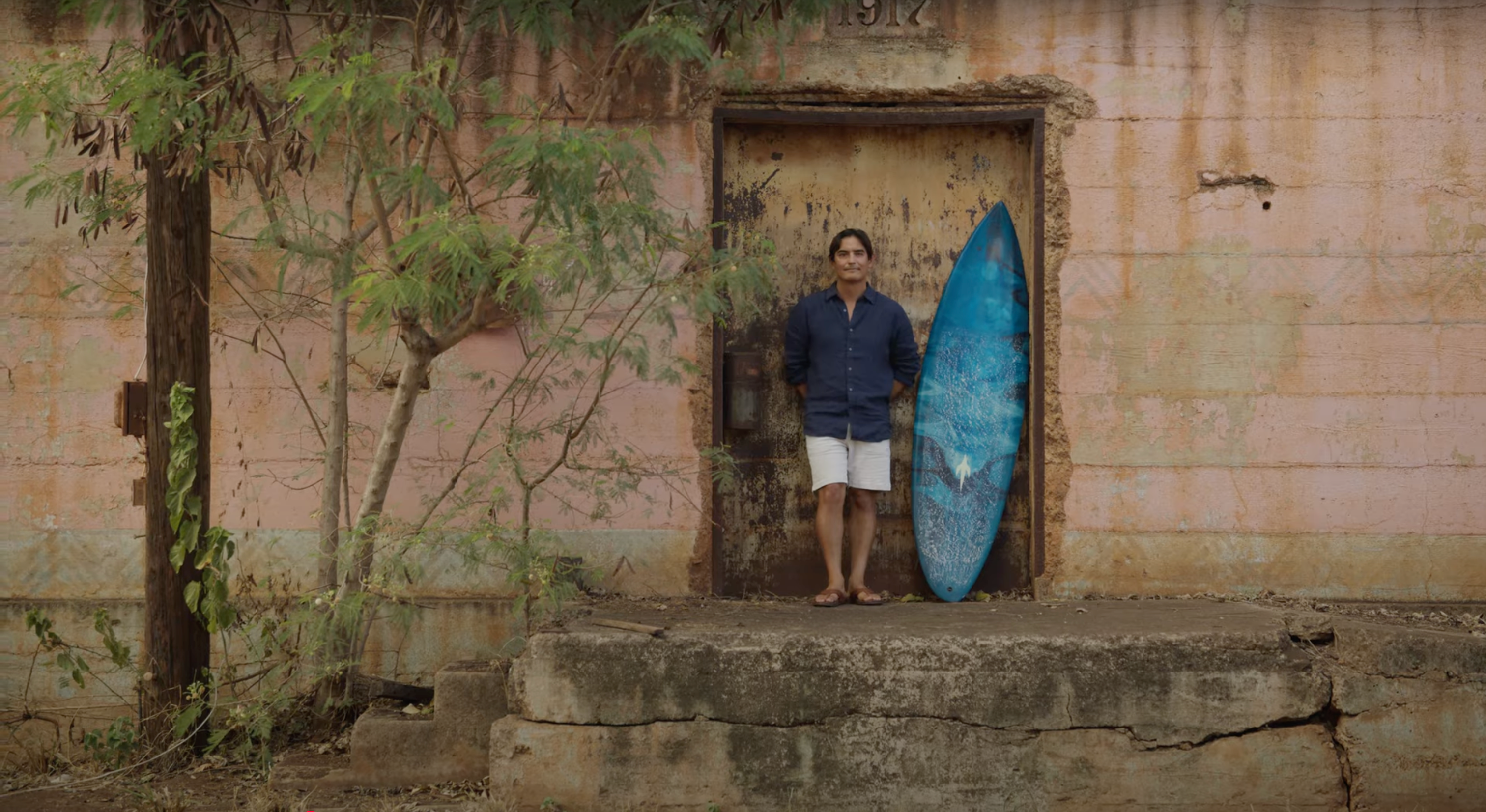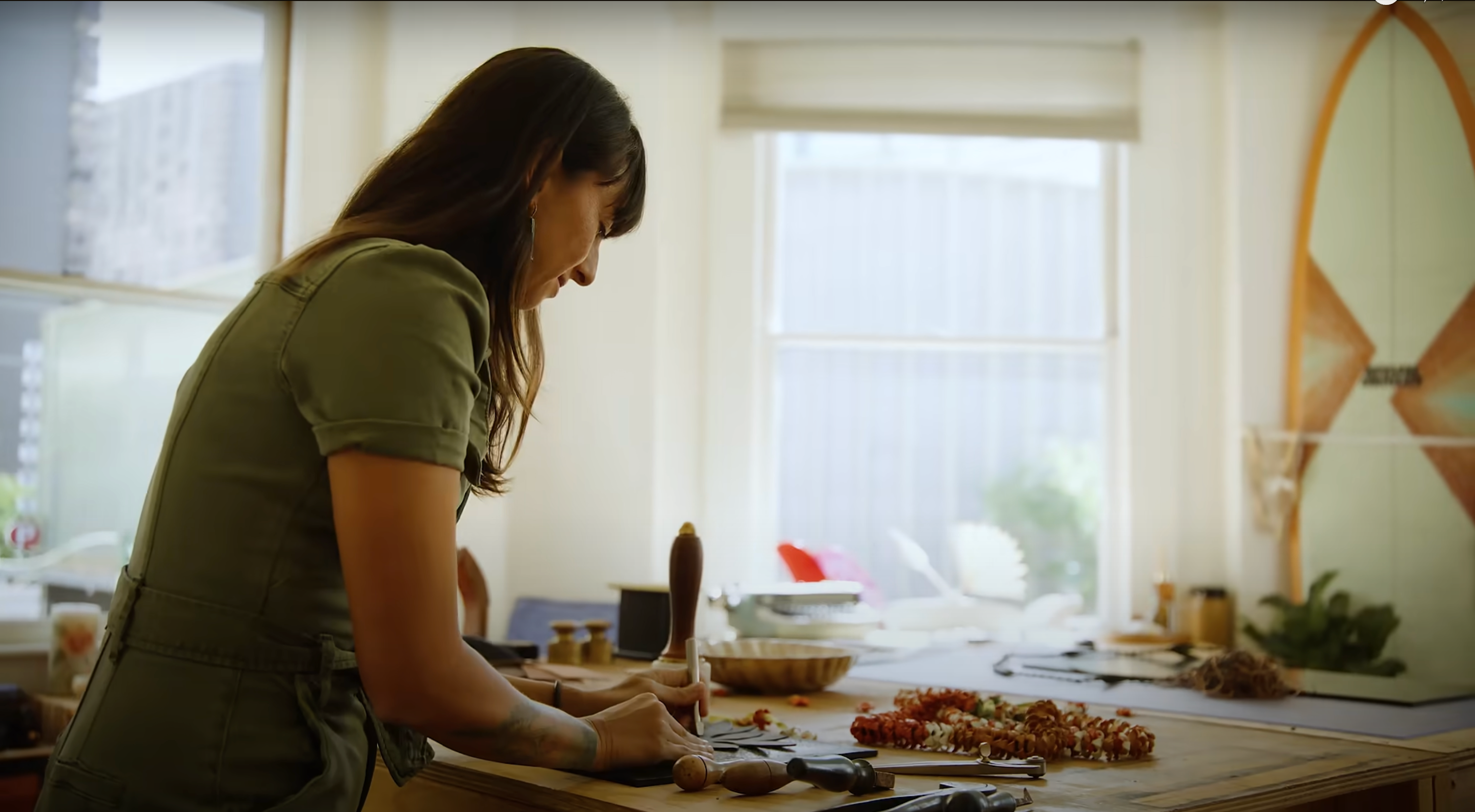As the Hōkūle'a continues its worldwide journey, we caught up with Archie Kalepa after he rejoined the ship's crew to sail from Washington DC to New York City.
OluKai: We covered your voyage on Hōkūle'a from Mauritius to South Africa. When did you jump back on Hōkūle'a?
Archie Kalepa: I jumped back on this leg from DC to New York. OK: How was it? Was the boat there when you got there or did you sail in on the Potomac? AK: Sailed out of the Potomac because the boat was already there in DC when I got there. And then sailed to here, New York. OK: So how were the conditions? AK: Oh for us Hawaiians we don’t have a lot of fog, so that was a first-time experience but I think what was really really awesome for me, is when we were in DC it was awesome to see people who haven’t been home in Hawaii for a very very long time who live in DC they all came down to the canoe and brought guitars and ukuleles and sang and made music for us. That was a pretty awesome experience. OK: That’s not hard to imagine at all. How many Hawaiians were there? AK: You know every day we were doing canoe visits and there were 300 people a day coming down to see the canoe and out of that 300 at least 50 were Hawaiians. OK: How long were you in DC? AK: We were in DC for a week and a half and I think what was really amazing for us who live in Hawaii and who haven’t visited parts of the world, to go to DC and see all these amazing monuments and historical sites related to to Washington DC was really really amazing. And to realize how big America really is. I think that was pretty impressive, growing up in Hawaii your whole life and have Hōkūle'a sail—water patrolman in front of the, uh, what is the long one that sticks up? OK: Washington Monument. AK: That was a really awesome experience. It really really hit home and then when important people came down to visit the canoe and to be able to share our message of Malama Honua and what the canoe means to the people of Hawaii. OK: Washington DC is impressive if you’ve never seen it before. So you were on board when you went from DC to New York? AK: Yes. It took us 20 hours. We’re here ... and we’re preparing the canoe for its arrival to the people in New York and the many festivities that we’re going to participate in. OK: I saw the schedule. You’re going to be busy. AK: Did you see what we’re doing? OK: Many different harbors and then speeches” Newport Yacht Club. North Cove Marina. North Cove. Gantry Plaza. Speeches, presentations, education. But the main event is UN World Oceans Day? AK: Right, right. There’s going to be speeches and presentations about the purpose of the voyage. What we’re doing and why we’re doing it. It’s because we live on an island and we begin to feel the very first effects of what is happening globally to the world. When you live on an island you begin to see these things happening right in front of you. We’re going to share that message with New York and every other place that we’ve been, so far around the world. OK: Makes sense. Are you going to take people out on the Hōkūle'a? AK: Yes, yes we’re taking people out: delegates, special people. Who, I don’t know exactly who we’re taking out.OK: Noe said she was surprised by how cold it was in Washington DC and it was almost summer.
AK: Oh it was freezing in Washington. And it’s kind of cold here in New York. And that’s part of the message as we begin to recognize the effects of climate change. In New York everybody was saying “Wow this is strange. It’s supposed to be the warm time of the year. It’s supposed to be really nice. But yet we’re experiencing these cold temperatures and a lot of rain.” When in actuality it’s supposed to be summer weather.
OK: Well it was 78 degrees in NYC at Christmas, but that’s just part of the screwiness of global warming, isn’t it?
AK: Yeah, there you go. That tells you what we’re beginning to experience with climate change.
OK: So right now you are in a harbor in Jamaica Bay outside of Manhattan and are relaxing before going into Manhattan?
AK: We’re relaxing right now before it starts getting a little hectic for the crew. Preparing ourselves to present Hōkūle'a to the world. And New York is one of those venues to the world.
OK: Yep, the world’s attention is on New York. You’re going to attract a lot of people to the boat. There are a lot of people there.
AK: Yeah and the thing is we are able to [present] the issues that the world is being faced with. You know Polynesians and their ability to navigate the world is one thing, but behind all of this is how do we begin to care for each other. How do we begin to care for our environment. How do we begin to care for our world. Aloha, once we begin to spread the aloha and understand the meaning of the word aloha, that comes into play, to begin to do things that represent aloha. And in turn hopefully that can begin the process to change us as human beings, for the better.
OK: So you’ve seen aloha along the way. The Hawaiians came down and brought food in DC but have you seen aloha from non-Hawaiians?
AK: Oh yes, absolutely. This is really really funny. At the Washington Canoe Club, the people that we met, the people that we touched. You can see it in their eyes. That they have an understanding and want to be connected to what we’re doing. It didn’t have to be from Hawaii. For us to see the Hawaiians come down and host us with food and music was one thing. But to make a connection with others that have no connection to Hawaii, but begin to have a connection with the canoe is really pretty amazing.
OK: Well it’s a beautiful canoe…
AK: They understand it from their heart. So when you see that you understand it from your heart, you can see that they got the message.
OK: That’s great.
AK: Okay perfect. Thanks. Aloha.
